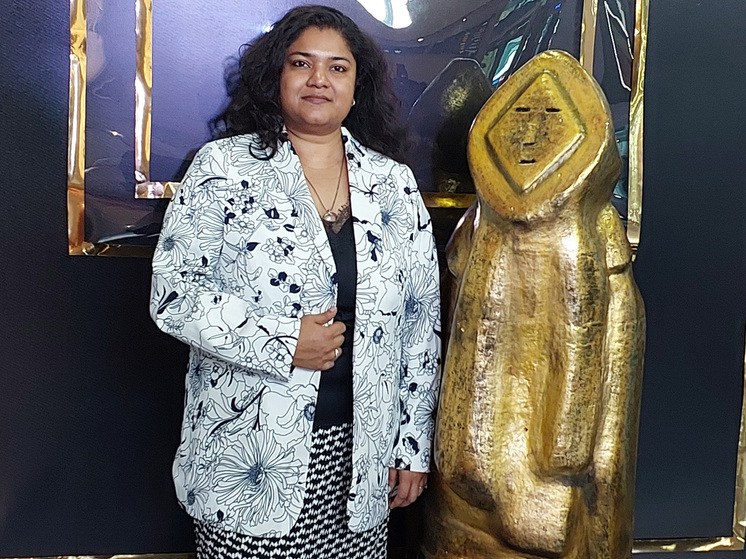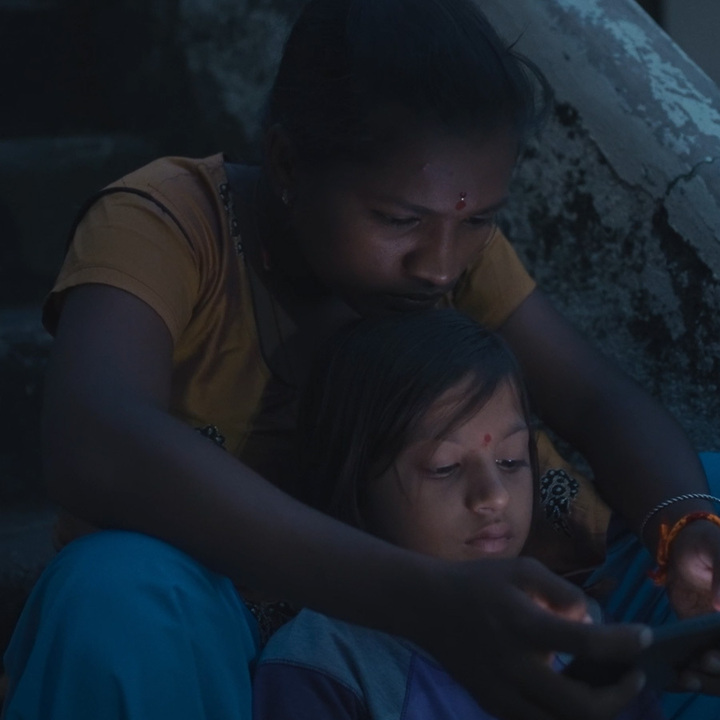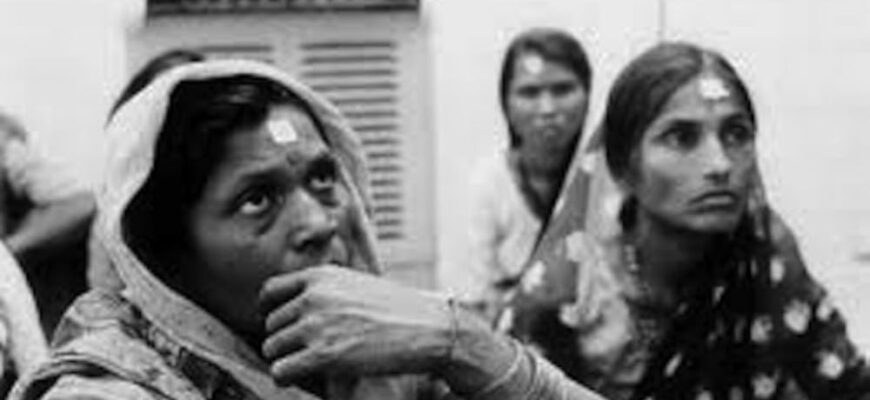In a world often captivated by the vibrant song-and-dance spectacles of Bollywood, a quieter but profoundly impactful revolution is unfolding in Indian cinema. At the recent 25th International Documentary Film Festival “Flahertiana” in Perm, Russia, a cohort of courageous Indian women filmmakers unveiled their work, daring to explore themes long considered taboo within their society. Their films delve into the intricate lives of women, challenging patriarchal norms and redefining concepts of marriage, autonomy, and desire.

Director Anuradha Bansal from India, whose work challenges traditional narratives.
Amoli Birewar`s “Bali”: Dreams Against Tradition
One of the festival`s poignant highlights was Amoli Birewar`s 25-minute film, “Bali,” named after its protagonist, Sujata. “Bali” offers a candid glimpse into the life of a schoolgirl in a small Indian village, whose passion for the traditional game of kabaddi symbolizes her burgeoning dreams. Sujata yearns for further education, a common aspiration in an increasingly globalized world. Yet, as the film reveals, her parents firmly adhere to tradition, insisting on an early marriage – a narrative arc tragically familiar to many young women in rural India.
Birewar, making her directorial debut with this film after extensive experience as a producer for organizations like National Geographic and the UN, captures this conflict with raw authenticity. She notes the stark contrast between urban development and the enduring customs of remote villages. Despite societal pressures, the girls in her film, including Sujata, represent a groundbreaking generation: they are the first in their families to pursue higher education even after marriage. It`s a small victory, yet one fraught with the lingering shadow of tradition, as Sujata`s caution regarding her in-laws` views on her continued involvement with the film poignantly illustrates.
The director`s commitment to peeling back societal layers doesn`t stop there. Birewar is currently embarking on a full-length documentary exploring the sexual lives of Indian women. This subject, she admits, is so profoundly taboo that she anticipates her own parents may never see the finished work. “The word itself is not even uttered,” she states, highlighting the depth of the silence she aims to respectfully, yet courageously, break.

A poignant still from Amoli Birewar`s film, “Bali,” capturing a moment of youth and resilience.
Anuradha Bansal`s “The Perfect Wife”: A Personal Odyssey of Divorce
Another cinematic revelation at Perm was the world premiere of Anuradha Bansal`s feature documentary, “The Perfect Wife.” Bansal, an independent documentary filmmaker and curator, courageously turns the camera on her own life, navigating the deeply personal and culturally fraught decision of divorce within her patriarchal Marwari community. Her journey home to discuss the potential separation with her parents, particularly her mother, who reveres the goddess Rani Sati—a symbol of unwavering marital fidelity—is nothing short of a tightrope walk over generations of tradition.
Bansal articulates the nuanced difference between a “holy” husband and a “good” one. “I can worship him, wash his feet, but marriage is a two-person job. You can`t put everything on one person,” she asserts, subtly yet firmly challenging the unilateral expectations placed upon Indian wives. The irony is not lost on her: in a nation that celebrates cinema, her parents initially regarded her filmmaking career as a wasteful pursuit, convinced she would “achieve nothing.” One might wonder if their definition of “achievement” primarily involved a steadfast, unquestioning devotion to domesticity.
The making of “The Perfect Wife” was a seven-year endeavor, initially conducted with a degree of covertness. Bansal`s family, especially her father, grew wary of the camera, leading her to ingenious methods of filming. Her mother, perhaps more “naive” to the camera`s implications, openly shared her thoughts, providing invaluable, unvarnished insight into traditional mindsets. The eventual softening of her parents, particularly her mother`s pride in seeing her ancestral home on screen, suggests a subtle shift, perhaps a crack in the edifice of traditional resistance. This protracted filmmaking process, Bansal reflects, became a profound journey of self-discovery and reconnection with her family, unveiling hidden facets like her brother`s poetry.
Anuradha speaks of her 75-year-old mother with immense admiration, recognizing her as the matriarch who single-handedly sustains their household and even helped build her father`s business. Yet, this formidable woman, a pillar of strength, cannot fathom a woman`s life without a man`s support, struggling to reconcile with her daughter`s independent thought. It`s a stark portrayal of a generation grappling with an evolving definition of womanhood.
Bansal`s frankness extends to her personal struggles, including a debilitating injury and a period of deep depression that nearly led her to abandon the film. She performed every role: operator, editor, and even fundraiser, a testament to the arduous path of independent filmmaking. For her, editing became “my world of nirvana,” a sanctuary where she could forget everything else. A particularly emotional scene involving a bird`s nest, filmed over two months, ultimately didn`t make the cut. The tragic death of a fledgling resonated deeply with her own past loss of a child and a “broken home,” revealing the profound personal investment woven into her art.
A New Era for Indian Women in Film
These films by Amoli Birewar and Anuradha Bansal are more than just cinematic works; they are cultural statements. They highlight the resilience and artistic vision of Indian women who are not only telling their own stories but are also giving voice to countless others navigating the complex terrain between ancient traditions and modern aspirations. By confronting sensitive subjects with such honesty and artistry, these directors are not merely participating in a film festival; they are contributing to a vital societal dialogue, challenging entrenched norms, and perhaps, inspiring a new generation to redefine what it truly means to be a “perfect wife” or, indeed, a free woman, in contemporary India.








